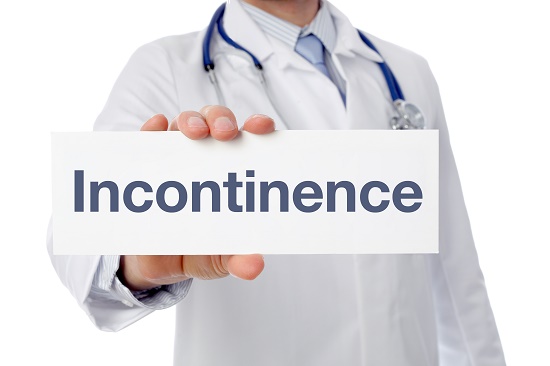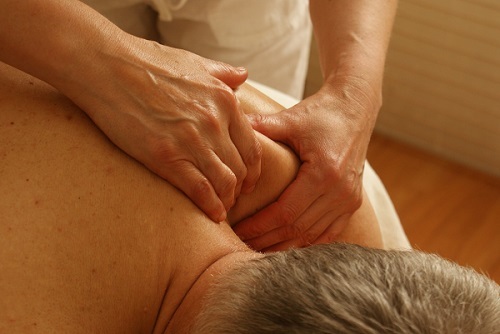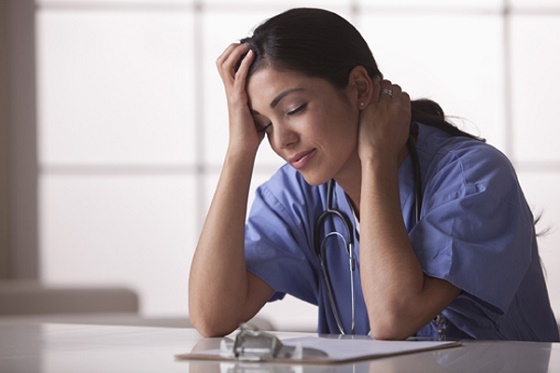
If you often have trouble making it to the bathroom in time or know where every public restroom in town is located, you’re not alone. An estimated 33 million American adults suffer from overactive bladder and 18 million from fecal incontinence.
Often regarded as part of growing older, incontinence can be debilitating – causing many seniors to limit their activities for fear of an accident. While it’s true that aging increases your risk, incontinence is not a normal part of aging and does not need to negatively impact your life, regardless of your age.
Incontinence occurs when age and other experiences such as childbirth, hysterectomy or prostate cancer cause the bladder muscles to weaken – making it difficult to hold urine. There are several types of incontinence. The most common types include:
- Stress incontinence: the loss of urine when pressure is exerted on the bladder by coughing, sneezing, laughing or exercising. It is the most common form of incontinence.
- Urge incontinence: a sudden, intense urge to urinate, followed by an involuntary loss of urine.
- Mixed incontinence: occurs when symptoms of both stress and urgency incontinence are present. Symptoms of one type of incontinence may be more severe than the other.
- Fecal incontinence (or Accidental Bowel Leakage): the inability to hold a bowel movement until reaching a bathroom.
While studies show sufferers often wait years to talk with their doctor, a number of effective and lasting treatment options are available. In addition to medication, diet modification and Botox, minimally invasive procedures such as InterStim® Therapy or urethral sling surgery can provide long-term relief from symptoms and help patients live more confidently.
“Incontinence can be an embarrassing and isolating condition, yet it is far more common than most people think,” said Barry Jarnagin, MD, FACOG of the Incontinence Institute in Franklin, Tenn. “Talking with a medical professional is the first step to regaining quality of life.”
For more information and a free incontinence self-assessment, visit www.myconfidentlife.com.


Comments